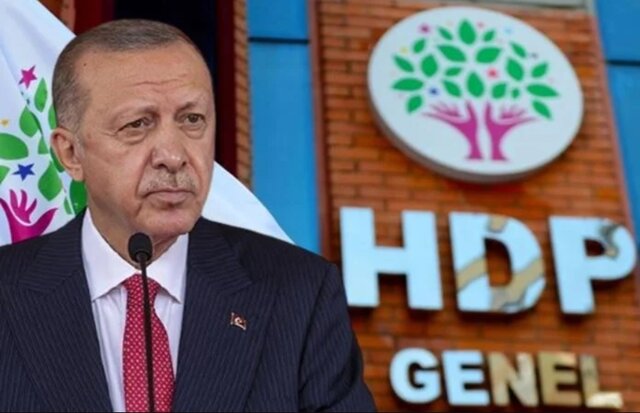The political system created in Turkey by its current president, Recep Tayyip Erdogan, can be criticized from many sides. But one accusation against him should undoubtedly be recognized as false and inappropriate — the identification of this system with the one created in Russia by Vladimir Putin and his gang of mafia chieftains.
The recent presidential elections in Turkey, the outcome of which was a matter of suspense for all serious experts until the very end, served as a clear confirmation of the difference between the two systems. The real and broad opposition coalition (despite a failed leader who eventually drowned it), the second round, the position of the third key player, the mobilization of different segments of society and, most importantly, the fair counting of votes — nothing like this has ever happened, not only now or under Putin, but also in the entire history of post-Soviet Russia.
And here is the latest confirmation of the difference between the two national political systems — the refusal of Turkey’s Constitutional Court to grant the prosecutor’s request to stop state funding of the Peoples’ Democratic Party (HDP). Those who are familiar with Turkish politics in general, and our old readers in particular, do not need to be told what this party is. We have written many times about the fact that the HDP would be banned in the majority of absolutely democratic Western countries, just as we have long written about the need for pro-Islamic Turkish forces to actively support the emergence of a healthy alternative for the Kurdish Muslim electorate, in addition to putting pressure on the HDP.
The latter, by the way, is beginning to happen — the Kurdish-Islamic party Huda Par has been de facto included in the ruling coalition and has gained several seats in the Turkish parliament as a result. Putting pressure on the HDP, however, appears to be more complicated. The «dictatorial regime of Erdogan» cannot only ban this party, but also deprive it of state (!) funding. As a result, the Turkish state regularly and quite generously funds a party whose anti-state origins, beliefs and connections are no secret to anyone.
We do not want to offend our brothers with such a comparison, and we apologize in advance to those who might be offended, but we only want to draw analogies from the perspective of the state and the struggle for its integrity. Can you imagine that in Russia there is a party with a network of branches and members created by supporters of the Chechen Republic of Ichkeria for political lobbying, cover and support of their activities in Russia? And that members of this party go to rallies in Russian cities with portraits of Dudayev or Basayev, collect funds to support the families of the heroes of the Ichkerian resistance, etc.?
Not only does the mere assumption of this sound like unscientific fiction today, but even in the best years of «Russian democracy» there was nothing similar. Meanwhile, such an organization not only exists in Turkey, but is also financed by the state. Is this good or bad? From the point of view of the patriots of Muslim Turkey, it’s bad. But on the other hand, the presence of such mechanisms of restraint against the state’s repressive structures and their capabilities serves as a protection for normal social and political forces, which could also become victims of the escalation of repressions over time.
Either way, this example is the most vivid illustration of the fact that Erdogan’s Turkey is not Putin’s Russia, but rather a state with an independent judicial system, political competition, a real opposition, and a developed civil society.

